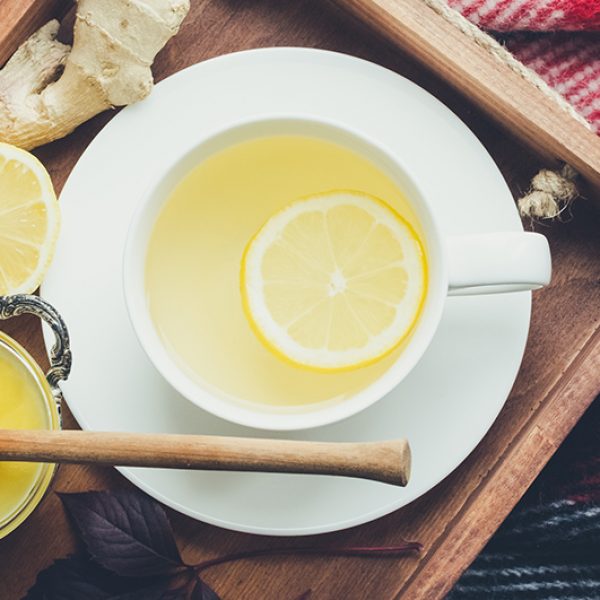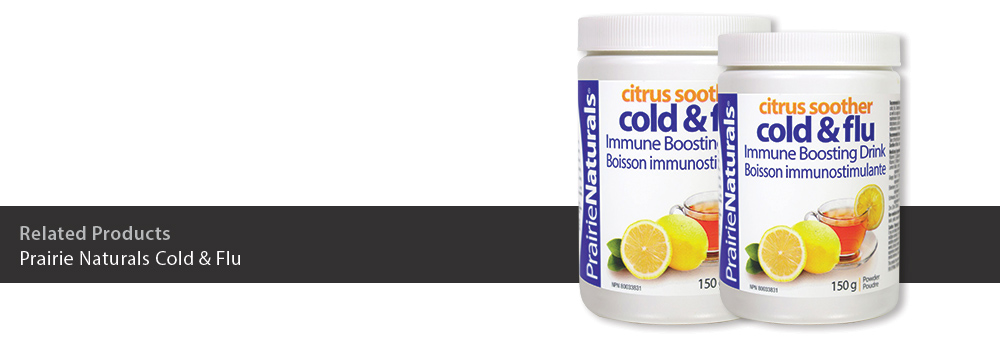

Choose Natural Remedies for Cold & Flu!
Cold and flu season is upon us! The late fall through early spring is the peak period for the usual suspects of viral infections; influenza-like illnesses including the flu, and upper respiratory tract infections such as the common cold. Although it can be annoying and downright inconvenient to have a cold or flu – sometimes it’s our body’s way of telling us something important about our state of health. Sneezing and coughing, along with a runny nose and watery eyes can be the body’s way of releasing toxins, including acidic waste build-up from a year or more of accumulation. This natural process plays an important role in releasing an overburdened body of toxic load.
Healthy Immunity & pH Balance are Key
A healthy immune system is the best protection against colds and flu. The factors that can contribute to a less than optimally functioning immune system include poor quality sleep, excessive exercise, stress, smoking, recurring or chronic illness, or an unhealthy diet. All of which contribute to creating an acidic environment within the body’s internal fluids. Since the body’s natural healthy state is alkaline, when an acid condition prevails, cellular oxygen is decreased. Bacteria and viruses thrive in an acidic, oxygen-deprived environment and the converse is also true – they cannot survive when the pH is properly balanced to an alkaline state.
The Natural Approach
Herbs and herbal extracts traditionally have been used for centuries to help strengthen the immune system and offer relief from the unpleasant symptoms associated with colds and flu viruses. Herbs, along with immune supporting nutrients such as vitamin C and zinc, may be helpful in reducing the severity and duration of illness. In combination with eating alkaline-forming foods these herbs and nutrients are most helpful.
Certain plant compounds have been shown in studies to have immuno-stimulating properties. They appear to help stimulate viral defense mechanisms by activating immune cells. Herbal tea mixtures or cooked decoctions have long been used in many cultures because of the synergistic effect of the herbs.
Science Supports Natural Remedies for Colds & Flu
Recent research suggests that the high molecular weight polysaccharides present in Echinacea purpurea have potent non-specific stimulatory actions on the immune system (2).
Echinacea is generally recommended to be used at the very beginning and throughout the course of an illness and then tapered off.
Lemon balm (Melissa officinalis), has been traditionally used as an immune strengthening remedy with colds and flu. Several components (e.g., rosemarinic acid and caffeic acid) are reported to possess antibacterial and “viro-stopping” properties (3). Lemon Balm is widely used as a mild sedative to calm the nerves and producing a relaxing sleep – ideal in times of stress and infection. Sleep deprivation is associated with disruptions of immune function (4). Vitamin C, elderberry extract and zinc are a better choice than antihistamines at the start of a cold or flu.
Elderberry binds to and prevents infection with influenza H1N1 virus (5). Studies suggest that black elderberry can inhibit the growth of influenza viruses and shorten the duration of influenza symptoms while enhancing antibody levels against the virus.
Vitamin C and zinc help to overcome an infection by strengthening mucous membranes of the nasal passages and throat from virus penetration. A Cochrane systematic review performed a subgroup analysis of 642 very healthy adults engaged in highly physically stressful activities (marathon runners, skiers, and soldiers on subarctic exercises) showed a 50% decrease in the risk of developing a cold among those who took vitamin C supplements (6).
Vitamin D is an important immune regulator, stimulating innate immunity and moderating inflammation, in addition to its well-known effects on bone health. A suboptimal level of Vitamin D is associated with weaker production of anti- microbial proteins that work with immune system cells to kill pathogens (7).
Taste the Power of Honey, Lemon & Ginger
Hot tea with honey, lemon and ginger is another popular remedy during winter months. Honey is a home remedy commonly used to treat the symptoms of respiratory infections, particularly scratchy throats and coughs.
Lemons are high in vitamin C, and lemon juice’s anti-inflammatory qualities soothe sore throats and irritated membranes.
Ginger helps stimulate perspiration, which cleanses the system and reduces body temperature. Like lemon, ginger has antiseptic and anti-inflammatory properties. Ginger also acts as a cough suppressant and has remarkable sleep-inducing, analgesic properties. In Chinese medicine, ginger is used for its warming properties.
Keep Hydrated!
During a cold or flu, dehydration can dry the respiratory mucosal surfaces. Ensure adequate fluid intake while avoiding deficiencies of essential nutrients by sipping on natural hot lemon, honey and ginger drinks during the day and before sleep. Natural remedies can be effective as preventative or therapeutic and their use is becoming increasingly supported by enlightened healthcare providers as a safer and healthier alternative to over-the-counter cold and flu medications.
By RoseMarie Pierce, BSc. Pharm
References
- http://www.ncbi.nlm.nih.gov/pubmed/22336807 Oral antihistamine-decongestant-analgesic combinations for the common cold, 2012.
- http://www.sciencedirect.com/science/article/pii/019205619190046A
- Wichtl M. “Herbal Drugs & Phyotpharmaceuticals. CRC Press: Boca Raton, 1994.”
- Spiegel K, Sheridan JF, Van Cauter E. “Effect of sleep deprivation on response to immunization.” JAMA. 2002; 288:1471-1472.
- http://drfisel.com/the_drugless_physician/2010/01 Elderberry & Flu
- http://www.ncbi.nlm.nih.gov/pubmed/15495002 Vitamin C for preventing and treating the common cold, 2004.
- http://www.ncbi.nlm.nih.gov/pubmed/19237723 Association between serum 25-hydroxyvitamin D level & upper respiratory tract infection in the Third National Health and Nutrition Examination Surve, 2009.

